The production of advanced lithium-ion cells starts with high quality materials. Cathode Active Material (CAM) and the precursor product (P-CAM) are key to electric vehicle battery performance, with P-CAM contributing to 30% of battery value.
Lithium-ion battery performance with respect to charging and discharging depends greatly on the level of residual impurities and uniformity of CAM particles. Therefore, P-CAM production is carefully controlled and at our EV Battery Recycling Technology Centre we are using advanced materials science to transform waste into a high engineered product for CAM production.
P-CAM and CAM produced from domestic UK battery waste will reduce the need for lithium, nickel and cobalt mining, preserve natural resources and reduce the dependency on unstable overseas supply chains. Our P-CAM from recycling has a 38% reduced carbon intensity compared to primary raw material mining and will reduce the cost of manufacturing new batteries.
Altilium Metals plans to build the UK’s largest battery recycling plant in Teesside, recycling scrap from over 150,000 EVs per year producing 30,000 MT of CAM, offering full battery circularity and allowing customers to satisfy regulations for minimum recycled content in batteries. The facility will also strengthen the UK’s automotive supply chain which is required for the transition to a low-carbon economy.
Our strategy is to reshape battery supply chains by supply of large volumes of cathode and anode materials from recycling waste already in circulation such as mine tailings and lithium scrap enabling a circular economy.

Get in touch
Building the recycling infrastructure needed for net-zero requires a collaborative approach.

